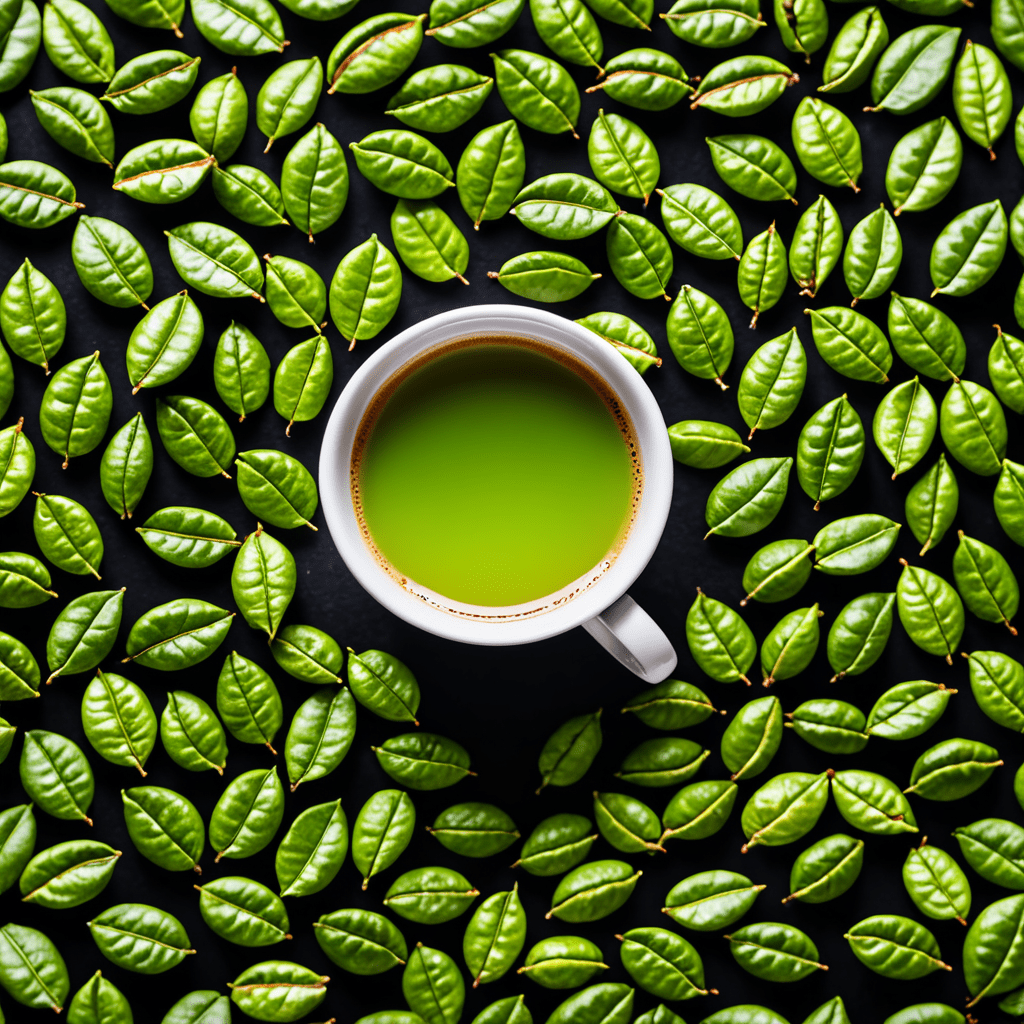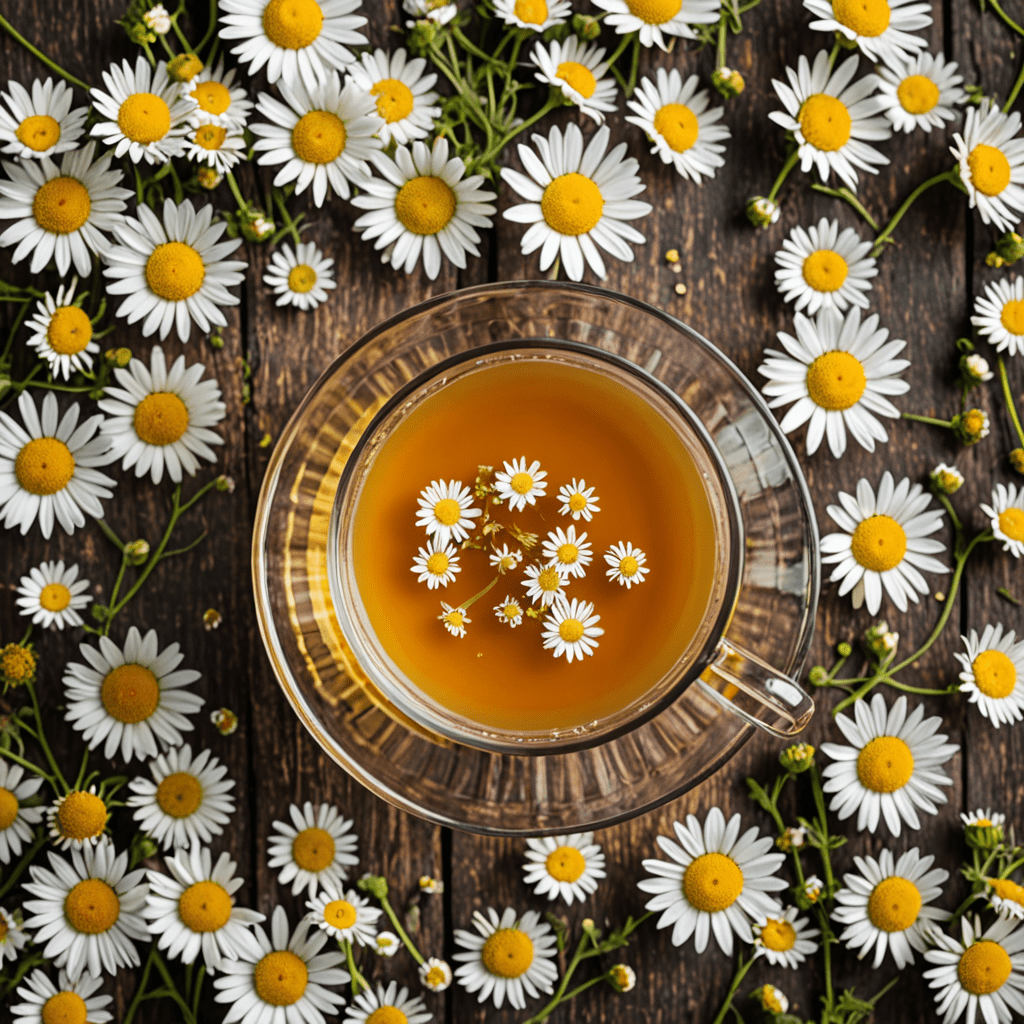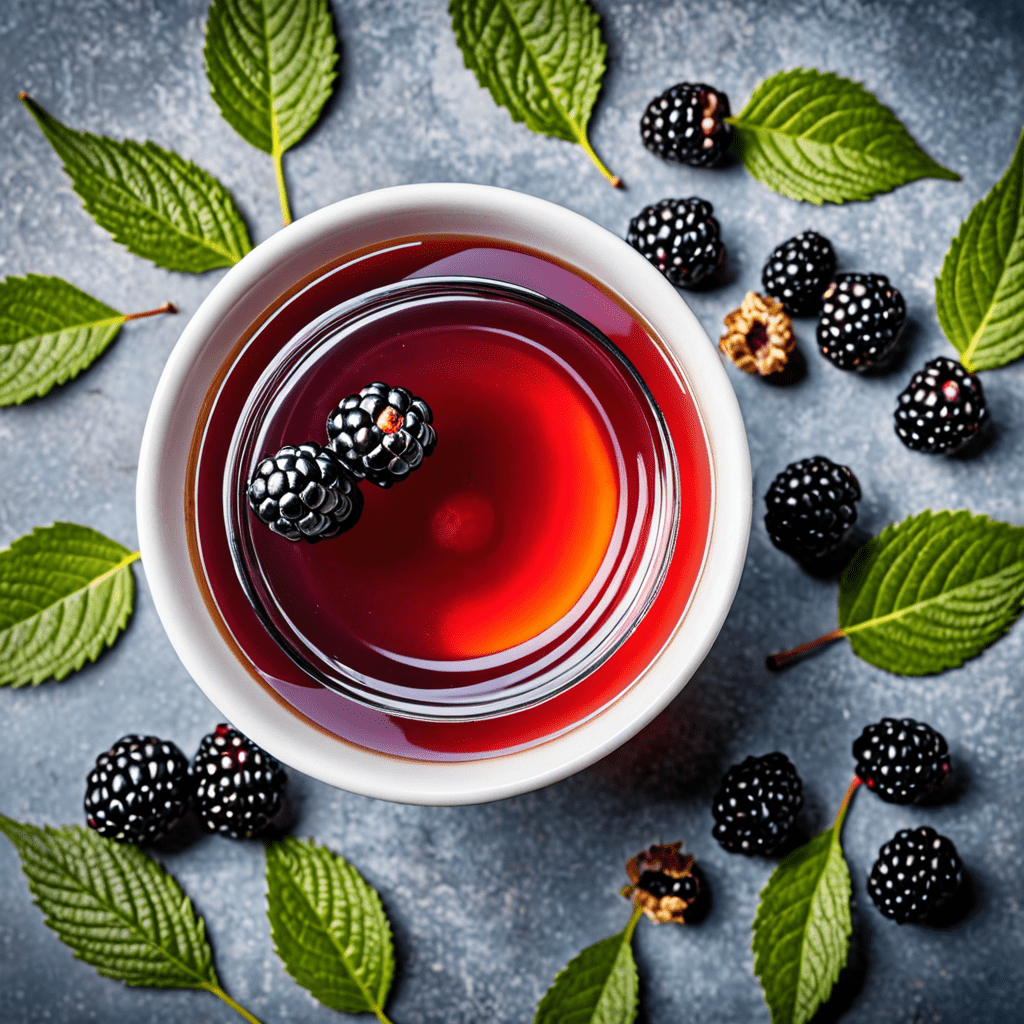Caffeine Content Comparison: Coffee vs. Green Tea
Introduction
Caffeine is a natural stimulant found in various beverages, including coffee and green tea. Many people rely on the energizing effects of caffeine to kickstart their day or keep themselves focused. However, the amount of caffeine in coffee and green tea differs significantly. In this article, we will explore the caffeine content in coffee and green tea, and their potential effects on health.
Caffeine in Coffee
Coffee is known for its rich, robust flavor and its ability to provide a quick energy boost. The amount of caffeine in coffee can vary depending on several factors, such as the type of coffee beans, the brewing method, and the serving size.
Factors Affecting Caffeine Content
The type of coffee beans used plays a significant role in determining the caffeine content. Robusta coffee beans generally contain more caffeine than Arabica beans. Additionally, the darker the roast, the lower the caffeine content, as the roasting process reduces caffeine levels.
Typical Caffeine Content in Coffee
A standard cup of brewed coffee (8 ounces) usually contains around 95 milligrams (mg) of caffeine. However, this amount can range from 30 mg to 200 mg, depending on the factors mentioned earlier. It’s important to note that specialty coffee beverages, like espressos or lattes, may contain higher caffeine content due to the concentrated nature of the drink.
Caffeine in Green Tea
Green tea is known for its refreshing taste and numerous health benefits. It contains a moderate amount of caffeine, which provides a gentle energy boost without the intense stimulation that coffee often delivers.
Factors Affecting Caffeine Content
The caffeine content in green tea can vary depending on factors such as the type of tea leaves, the brewing temperature, and the steeping time. Younger leaves tend to have higher caffeine content compared to older leaves. Additionally, brewing green tea at higher temperatures and longer steeping times can release more caffeine into the infusion.
Typical Caffeine Content in Green Tea
A standard cup of green tea (8 ounces) typically contains around 25 milligrams (mg) of caffeine. However, this amount can range from 20 mg to 45 mg, depending on the factors mentioned earlier. It’s important to note that matcha, a powdered form of green tea, can contain higher caffeine content due to consuming the whole leaf.
Health Considerations
While caffeine can provide various benefits, it’s essential to consume it in moderation, as excessive or prolonged intake may lead to side effects such as restlessness, increased heart rate, and difficulty sleeping. Additionally, individual tolerance to caffeine can vary, impacting how it affects each person. It’s advisable to consult a healthcare professional for personalized guidance.
Conclusion
Coffee and green tea both provide caffeine, but the amount differs significantly. A standard cup of coffee generally contains more caffeine compared to a cup of green tea. Understanding the caffeine content can help individuals make informed choices based on their desired level of stimulation. Remember to consume caffeine in moderation to maintain a healthy balance.
FAQ
1. Is caffeine addictive?
Caffeine is a stimulant and can lead to physical dependence when consumed regularly in large amounts. However, caffeine addiction is not comparable to addiction to drugs or alcohol and can be managed with proper moderation.
2. Can decaffeinated coffee or tea be an alternative?
Decaffeinated coffee and tea have undergone processes to remove most of the caffeine content. While they still contain trace amounts of caffeine, they are generally considered a suitable alternative for those looking to reduce overall caffeine intake.
3. How does caffeine affect sleep?
Caffeine can interfere with sleep by stimulating the nervous system and blocking sleep-inducing chemicals in the brain. It’s recommended to avoid consuming caffeine close to bedtime to ensure a restful night’s sleep.
4. Can caffeine consumption have any health benefits?
Caffeine, in moderate amounts, has been associated with various health benefits, such as increased alertness, enhanced cognitive function, and a reduced risk of certain diseases. However, individual responses may vary, and it’s crucial to listen to your body and consume caffeine within recommended limits.



